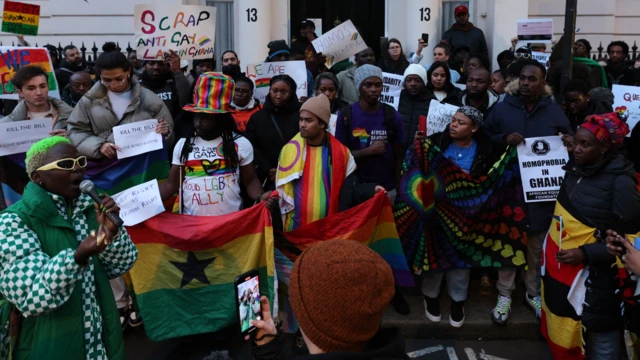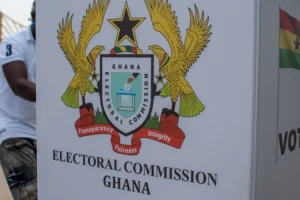A seven-member panel of the Supreme Court, led by Justice Lovelace Avril Johnson, has unanimously dismissed a petition challenging the constitutionality of the Human Sexual Rights and Family Values Bill.
The petition, filed by broadcast journalist and lawyer Richard Dela Sky, sought to nullify the legislative process surrounding the controversial bill.
Sky’s petition called for a declaration that the bill, which has sparked intense national debate, was unconstitutional and void.
However, the court rejected his arguments, affirming that the legislative process for the proposed anti-LGBTQI legislation adhered to constitutional guidelines.
The Human Sexual Rights and Family Values Bill seeks to criminalise activities related to lesbian, gay, bisexual, transgender, queer, and intersex (LGBTQI) advocacy. If passed into law, it would impose penalties on individuals or organisations that promote, fund, or provide indirect support for LGBTQI-related activities.
Proponents of the bill argue that it is essential to safeguard Ghanaian cultural and family values, which they believe are being threatened by foreign influences.
On the other hand, critics, including human rights groups, describe the bill as a violation of fundamental rights such as freedom of expression, association, and equality before the law.
The legal challenge also involved equality and inclusion advocate Amanda Odoi, who, alongside Sky, contended that Parliament failed to meet the constitutional quorum requirements stipulated in Articles 102 and 104 of Ghana’s Constitution during the legislative process. Both petitioners argued that the bill’s progression through Parliament was therefore unconstitutional.
In its ruling, the Supreme Court dismissed both petitions, emphasising that the Human Sexual Rights and Family Values Bill has not yet become law. Justice Lovelace Johnson clarified that a bill cannot be subjected to judicial review regarding its constitutionality until it has received presidential assent and officially become enforceable law.
The decision highlights the court’s stance that legislative processes, even if controversial, remain outside judicial intervention until they culminate in an enacted law.











